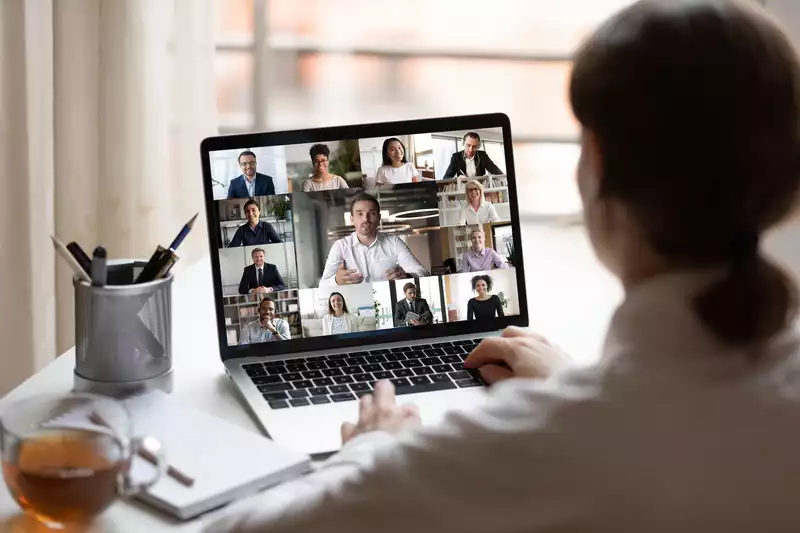Using Zoom may be easy, but the video chat app is apparently wearing many users out, and researchers at Stanford University have investigated the causes and suggested several remedies.
The paper, published in the journal Technology, Mind and Behavior, identifies four main causes of "Zoom fatigue" and shows how users can minimize their risk. The author, Jeremy Baleson, is a professor at Stanford University and founding director of the Stanford Virtual Human Interaction Laboratory (VHIL).
According to Bailesson, the first cause of fatigue is too much eye contact, and constantly looking at the faces of multiple colleagues contributes to feelings of anxiety and stress; even in one-on-one chats, people can feel uncomfortable if the other person's face is unnaturally large. The paper recommends using Zoom in a small window rather than full screen, and using an external keyboard to break eye contact and give people something to look away from.
Seeing oneself in real time is also an obvious source of fatigue; Bailsenson likens the feeling to "someone constantly following you around with a mirror," leading users to be more critical of themselves. Hiding the self-view window solves this problem; in Zoom, this can be done by right-clicking on the photo.
The third cause, the lack of physical movement compared to face-to-face or phone conversations, can be partially addressed by placing the webcam farther away. This way, there is a large space in which to move around with a clear view. Bilenson writes, "A growing body of research suggests that people perform better cognitively when they are moving."
A fourth obvious cause of zoom fatigue is the added physical and mental effort of video communication. One must nod exaggeratedly or give a thumbs up "if you want to show that you agree with the other person.
"Because of the mental calories we expend in communicating, the cognitive load increases."
The paper suggests that switching the call to voice only would eliminate the need to make such exaggerated facial expressions or spend attention on parsing the other person's facial expressions.
These tips do not apply only to Zoom; whether you are using Google Meet, Skype, or GoTo Meeting, turning off video and getting up to stretch may be helpful. Stanford University has also developed a public survey questionnaire that indicates how tired you are using the Zoom Exhaustion and Fatigue (ZEF) scale.










Comments